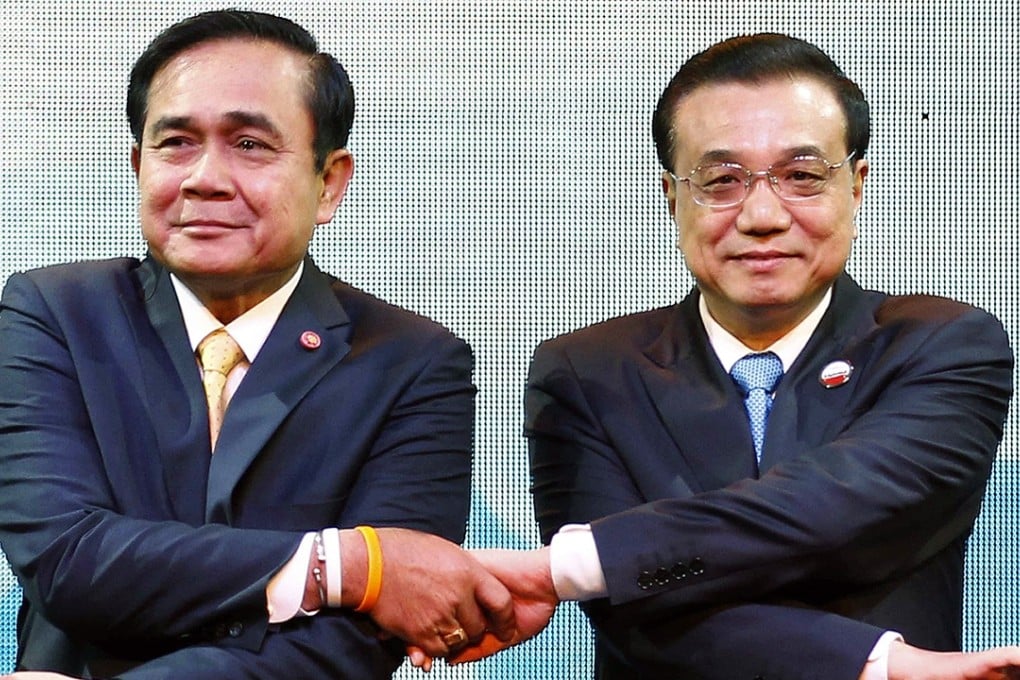Did Bangkok choose to look the other way in the abduction of Gui Minhai?
Curtis Chin says Thailand’s economic relations with China are important but turning a blind eye to cases of ‘enforced disappearances’ will not be good for business in the long run

Few in Thailand are talking about the ongoing mystery of Gui Minhai. That’s understandable, with the relatively little media attention given to the case of the mainland-born bookseller who is a Swedish citizen, and who went missing from his condominium in the city of Pattaya. As widely reported elsewhere, however, Gui and four colleagues disappeared – one from the streets of Hong Kong, the others in mainland China – over the past few months.
READ MORE: Hong Kong’s political booksellers face ‘extermination’ threat as China’s Communist Party crackdown and online competition hit sales
Yet, authorities in Thailand, and Hong Kong, should pay heed to the long-term economic consequences should there be any truth to the rumours that Gui and his co-workers were whisked away by Chinese agents as part of an effort to keep them silent. Business thrives under rule of law, and any threat to it could drive companies and entrepreneurs elsewhere.

Questions have arisen over whether Thai immigration officials have evidence of how and when [Gui] left Thailand
Gui’s mysterious disappearance and reappearance may well stem from his publishing company Mighty Current’s track record of publishing controversial books, often highly critical of China’s communist leadership. The Hong Kong media has reported that Gui and his colleagues, including British passport holder Lee Po, were working on a tell-all book about President Xi Jinping (習近平) and his alleged affairs.
For Hong Kong’s leadership, the challenge and constraints are obvious: “one country, two systems” is under increasing strain and the city’s leaders have struggled to balance growing demands for democracy with the economic and political realities that Beijing is the ultimate master.
For Thailand, however, China’s influence may have been more subtle and indirect if Chinese security agents have been, or are still, operating on Thai soil. As in so many situations, economics and politics are intertwined. Thailand has increasingly looked to Chinese investment and visitors as a source of growth. Upsetting China over Gui’s case may be seen as not in either nation’s interests, particularly at a time of slowing economies.
